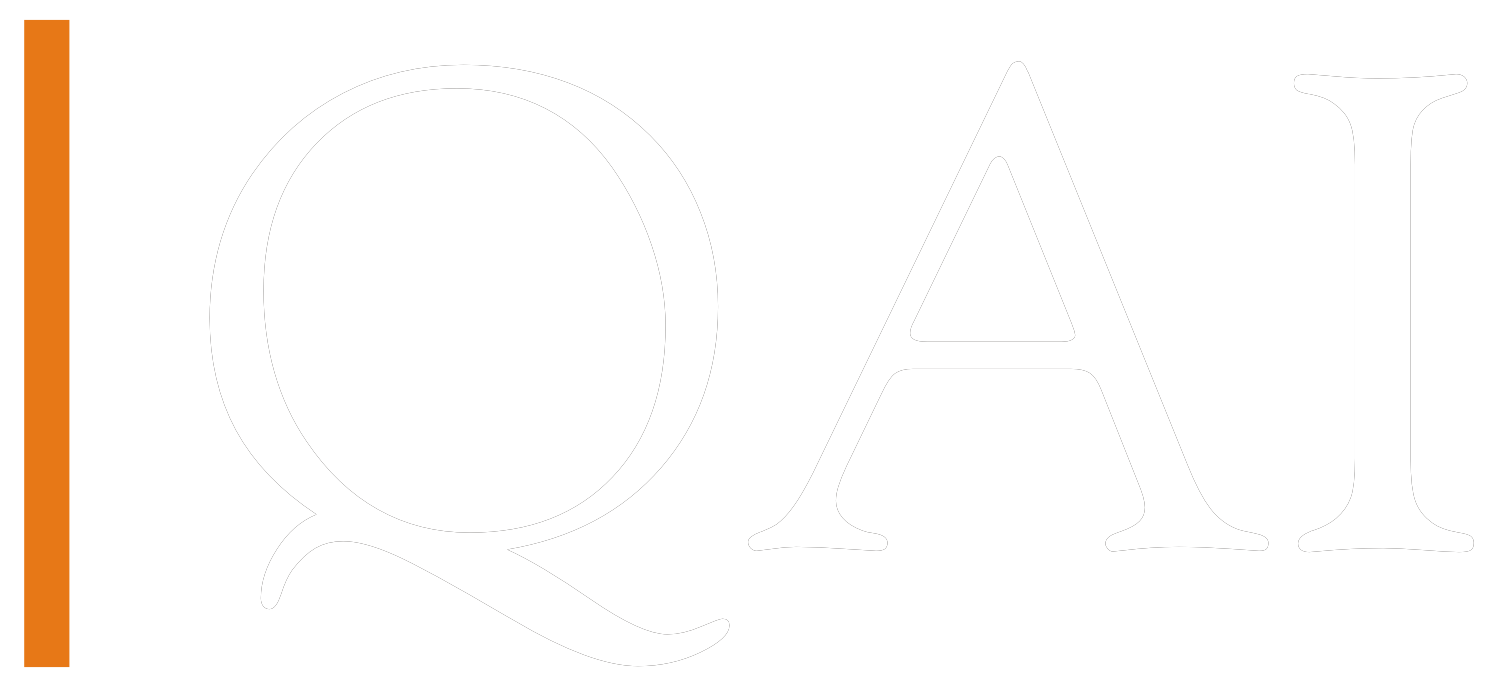Become a PMI-ACP Certified
Professional with QAI – Live Virtual Training
Get ready for the fast paced Agile world full of opportunities
Why go for
PMI-ACP
Certification with QAI
0+
Courses offered from 12 categories
0Yrs
Industry
Experience
Experience
0K+
Trained
Professionals
Professionals
0+
Corporate
Training
Training
0%
Success
Rate
Rate
0+
Registered vendor of 1500+ Clients
What
will you
Learn
Course
Curriculum
- Getting to know the participants
- Introduction to PMI®
- PMI ACP® Certification – advantages
- PMI ACP® certification – process and fees related information
- PMI ACP® Application procedures – instructions on how to fill in the form
- PMI ACP® examination – information on the split of questions, question pattern
- PMI ACP® examination – Tips on how to prepare and take the examination (this theme will be reiterated throughout the course)
- PMI ACP® – Fulfilling the CCR requirements
- Familiarization with course outline
- Familiarization with the protocols and timings
- Expectation setting and clarifications
- PMI Code of Ethics and Professional Conduct
- Introductory Quiz – to assess the current level of familiarization of the participants with Agile
- What is Agile?
- Agile vs. Traditional Project Management
- Why Agile?
- Agile Manifesto Values and Principles
- Usage and Applicability of Agile Methods
- High Level Roles in Agile
- Variants in Agile (Scrum, XP, TDD, FDD)
- Quiz – Introduction to Agile Methods Methodologies, Concepts and assess the gaps.
- The concept of Agile Project Lifecycle and its characteristics
- Phases defining the Agile Project Lifecycle
- Elements of Project Charter for Agile Projects
- Agile Project Stakeholders – how to identify and manage Stakeholders?
- Agile Analysis and Design
- Product Roadmap
- Product Backlog
- User Stories
- Story Maps
- Progressive Elaboration
- Wireframes
- Chartering
- Personas
- Agile Modeling
- Quiz – Agile Project Management context
- Business Case Development
- Value Based Prioritization
- ROI
- NPV
- IRR
- Compliance
- Customer Valued Prioritization
- Minimal Marketable Feature
- What is a User Story?
- Discussing Requirements Management in Traditional Project Vs. Agile
- INVEST Concept in User Stories
- Methods of handling Large Stories
- Release Backlog
- Product Backlog
- MOSCOW Principle in Prioritization
- Sprint Backlog
- Brain Storming Techniques
- Re-Prioritization of Requirements / User Stories across Iteration
- Stakeholder Management
- Quiz – Agile User Stories
- Historical Estimations
- Relative Sizing
- Story Points Concepts
- Planning Poker
- Affinity Estimation
- Ideal days / Time based Estimation
- Incremental Delivery
- Sprint Planning Meeting
- Sprint Burn Down Chart
- Product Burn Down Chart
- Release Burn Down Chart
- Release Burn Up Chart
- Sprint Reviews
- Sprint Retrospectives
- Continuous Improvement Process
- Quiz – Agile Estimations
- Information Radiators
- Team Space
- Osmotic Communication
- Co-located Teams
- Distributed Teams
- Daily Stand Ups
- Scrum of Scrums
- Remote Product Owner and Its Management
- Building High Performance Teams
- Building Empowerment Teams
- Coaching and Mentoring within Teams
- Active Listening
- Team Motivation
- Emotional Intelligence
- Collaboration
- Adaptive Leadership
- Negotiation
- Facilitation Methods
- Conflict Resolution Management
- Servant Leadership
- Quiz – Agile Communications & Soft Skills
- Test Driven Development
- Test me First Concept
- Definition of “Done”
- Continuous Integration
- Feedback Techniques for Product
- Prototyping
- Simulations
- Demonstrations
- Evaluations
- Problem Solving Strategies, Tools and Techniques
- Project and Quality Standards for Agile Projects
- Quiz – Agile Product Quality
- Risk Management
- Risk Adjusted Backlog
- Risk Burn Down Graphs
- Risk Based Spikes
- Quiz – Agile Risk Management
- Velocity
- Cycle Time
- EVM in Agile
- Escaped Defects
- Variance and Trend Analysis
- Variation in Agile Methods and Approaches
- Value Stream Mapping
- Quiz – Agile Metrics Management & Value Stream Mapping
- 2 Full Days (8 hours per day)
- 21 PDUs/Contact Hours for PMI-ACP examination
- Exam Pattern: Multiple choice questions
- Exam Delivery: Online/Paper Based (Depending upon the Application – PBT or CBT)
- Exam Duration: 3 hours (There are no scheduled breaks during the exam, although you are allowed to take a break if needed. If you take a break during the exam, your exam clock continues to count down.)
- Number of questions- 120 (100 Scored questions and 20 Unscored questions)
- Passing marks- Until late 2005 PMI disclosed the pass percentage. But since then PMI has scored the exam differently and now there is no one examination score for everyone. PMI scores each exam differently and a passing score for one exam may be different from the other.
Moreover, PMI doesn’t publish the exam score as it used to and only provides an exam summary report detailing the ‘proficiency level’ for each of the domains (i.e. Proficient, Moderately Proficient and Below Proficient).
- 21 Contact hour certificate required to apply for the PMP examination.
Some of the few sample designations for the target audience is given below:
- Agile Project Managers
- Product Owners
- Scrum Masters
- Scrum Team Members
- Project Sponsors
- Project Planners
- Quality Staff (Testing and Quality Assurance)
- Agile Developers / Programmers
- Designers
- Testers
- Project Controller (PMO Office)
- Educational Background
- Secondary degree (high school diploma, associate’s degree or global equivalent)
- General Project Experience
- *2,000 hours (12 months) working on project teams (This experience must have been earned in the last 5 years)
- Agile Project Experience
- 1,500 hours (8 months) working on project teams using agile methodologies (This experience must have been earned in the last 3 years) These hours are in addition to the 2,000 hours required in general project experience.
- Training in Agile Practices
- 21 contact hours must have been earned in agile practices


